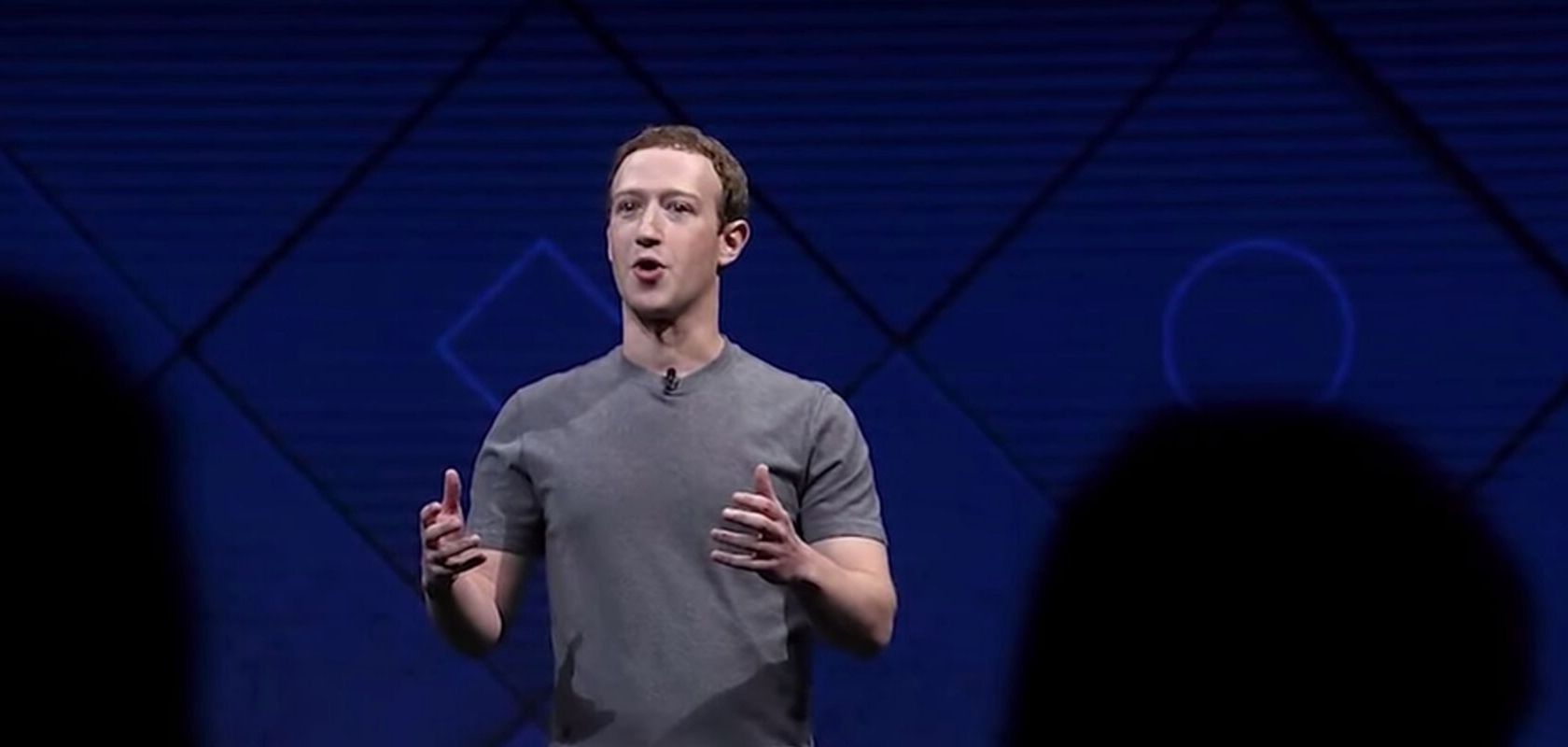Gizmodo is being presented with a quandary: is Facebook really deliberately hiding stories about CEO Mark Zuckerberg from users – or might it simply be that his “janky, busted-ass website” has been encountering technical difficulties?
It’s widely accepted nowadays that Facebook knows a great deal indeed about its users, but Gizmodo couldn’t find out what it, and Facebook’s users, know about the giant’s inner workings and motivations.
The story centers around an apparent controversy, when a number of users reported being unable to see an article that Gizmodo posted on Facebook, leading to suspicion that it might have been deliberately suppressed. This included users who could access this content only if they weren’t signed in to Facebook.
The linked article made a reference to a recent controversy involving leaked audio recordings of Zuckerberg, which may or may not have been enough to put the company’s machine or human moderation in overdrive. The problem with accessing the post has in the meantime been fixed – but, as is Facebook’s way, with no explanation so far for either the reason behind the problem or the way it has been solved.
That means Gizmodo is now not entirely sure if it had been censored, or if it had merely fallen victim to Facebook’s technical shortcomings and bugs. And as it clearly wouldn’t like to be seen as a peddler of “fake news” – presumably, either way, the explanation for this incident goes – the website thought now was as a good time as any to bring up the big picture of what’s wrong with Big Tech in general, and with social media in particular.
The article suggests that not enough clarity and transparency, and the absence of actual customer service makes the behavior of these platforms particularly susceptible to giving rise to conspiracy theories, that thrive on a lack of information and communication.
https://twitter.com/dellcam/status/1179983396602368001?ref_src=twsrc%5Etfw%7Ctwcamp%5Etweetembed%7Ctwterm%5E1179983396602368001&ref_url=https%3A%2F%2Fgizmodo.com%2Fajax%2Finset%2Fiframe%3Fid%3Dtwitter-1179983396602368001%26autosize%3D1
https://twitter.com/dellcam/status/1179985893756723200
That would not only mean that these companies are indirectly undermining what’s these days a universal quest for “real news” – but would also be pretty ironic, considering that one of the problems social media platforms have been tasked with combating through moderation is precisely conspiracy theories.
According to Gizmodo, users most often choose to either blindly trust tech giants, or seek to make sense of the problems they come across with “potentially very wacky explanations.”
Unexplained problems and theories they produce
So what are some of the issues where this phenomenon manifests itself? One is the belief of some users that Facebook is secretly recording their conversations to give advertisers a leg-up. These users report noticing what look like highly targeted ads appearing on Facebook based on conversations they never had on Facebook, or on the internet – but in real life.
Facebook has denied doing this and the claim has not been proved so far, Gizmodo writes – even though there have been “subsequent revelations about overtly recorded audio.” The website explains that Facebook might have technological super-powers that allow it to correlate data shared between users online super accurately.
And what about moderation, or as some call it, censorship on Facebook? Zuckerberg’s leaked comments published last week by The Verge don’t seem to deny that bias is happening, but instead blame it on the sheer volume of content that Facebook processes daily, rather than any company policy.
“It’s just that there’s one thing to try to have policies that are principled. It’s another to execute this consistently with a low error rate, when you have 100 hundred billion pieces of content through our systems every day,” Zuckerberg is heard saying – to all intents and purposes admitting that his company has grown too big to handle its own business properly.
Alternatively, what is happening is actual censorship and bias against certain groups and opinions. Unsurprisingly, Gizmodo has no answer here either, but notes that Zuckerberg also sought to blame “the judgment of individual workers” for most of the moderation-related problems. Specifically, Zuckerberg revealed that the company has 30,000 people working as moderators and that controversies sometimes stem from “just one of them who didn’t apply the rules consistently.”
And speaking about clarity and transparency of information, Gizmodo calls out The Verge for claiming that the Zuckerberg tape was leaked and not planted as a leak by Facebook itself – but without explaining why it was so sure about the integrity of the source.
With all this in mind, Gizmodo concludes that the growing lack of trust users have in Facebook and other giants has to do with their unwillingness to share information and explain their actions.












